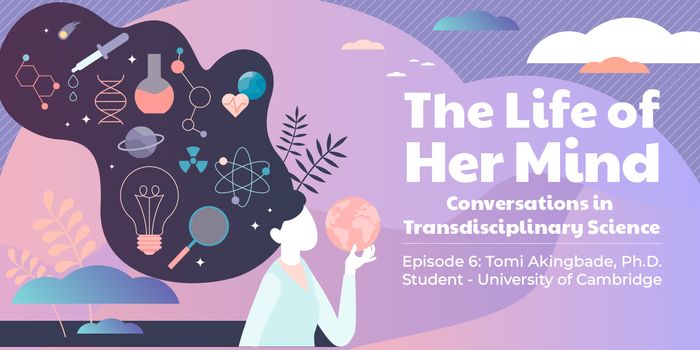Quantum physics is a field that can be incredibly complex. Tiny particles that are millions of miles apart in the universe can still interact, atoms get smashed, there are supercolliders to harness energy and so much more. But there are ways that the field of quantum physics is part of every day life and many don't realize this. For instance, computers. Almost everyone interacts with computers daily, and that technology developed from quantum physics. Transistors on the circuit boards of computers use quantum physics in switching electrons on and off in semiconductors. Another integral part of computers are the screens, which contain LEDs, light emitting diodes. These use quantum physics when a voltage is applied and light is emitted at different frequencies.
Sensors in digital cameras use quantum physics when they pick up varying levels of light. By manipulating the voltage, electrons are sent through semiconductors to create sharp pictures, rich in detail. Lasers of course are made possible with quantum physics. Passing a current through different elements causes electrons to move about and give off light. This emission is stimulated and the electrons are pushed to emit higher levels of light. Knowing which elements to pass the voltage through to get the best results also requires a good grasp of quantum physics. Finally, GPS technology could not exist without the use of quantum physics. The satellites used to give us directions work because they contain extremely accurate atomic clocks. These clocks measure how long it takes a signal to reach earth and that is how they calculate where you are. Using the energy states of a cesium atom, they clocks stay accurate to one second in four million years. So, there you have it, 5 ways quantum physics is all up in your life.








